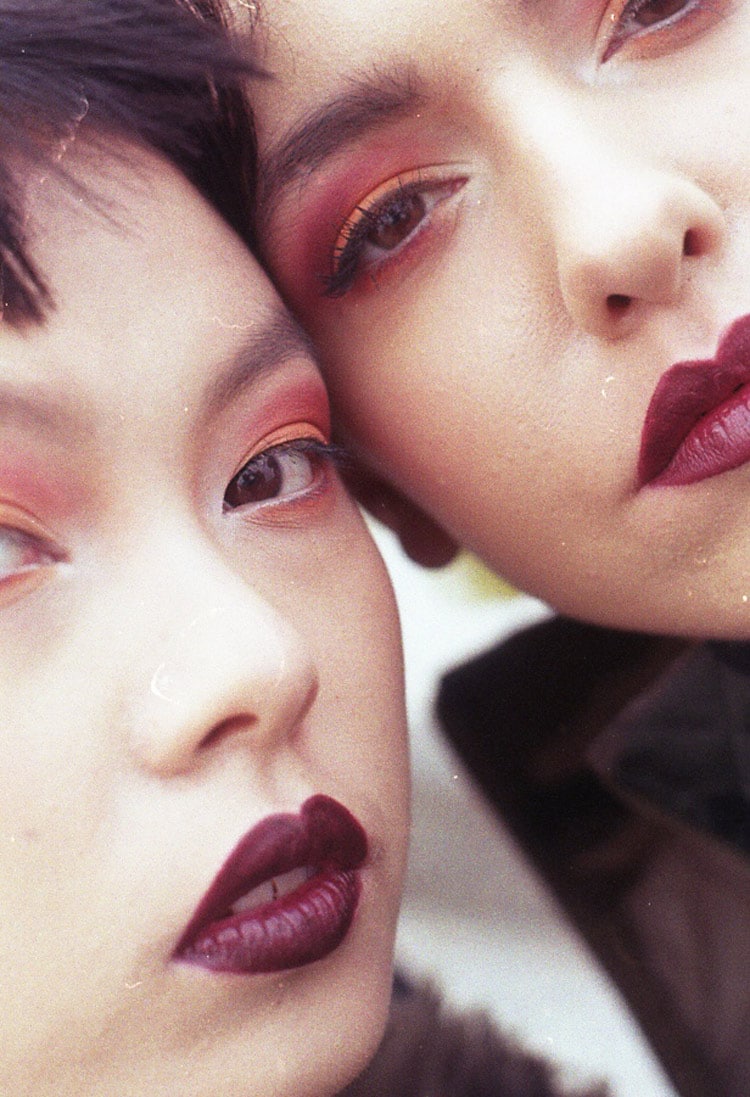Gucci is integrating AI within its supply chains and stores to reduce waste

France recently received waves of congratulations on social media for moving to ban the destruction of unsold luxury goods within the country. With Paris aiming to be the world’s capital of sustainable fashion by 2024, it seems natural that they’ve now begun cracking down on the industry’s harmful practices.
As a widespread practice within the luxury sector in the country, it is estimated that more than $730 million dollars of returns and unsold inventory were routinely destroyed by retailers in France. The reason? For brands to maintain a sense of luxurious mystic and exclusivity. Much of this wastefulness, unfortunately, was due to an inability for fashion houses to quantify the demand for luxurious goods within the volatile industry they operate in.
As the world shifts its focus on each and every industry, and their unsustainable practices, the fashion sector itself has seen much of the backlash in terms of environmental action. The age of fast fashion has defined our generation, with an H&M around every block, providing racks of new items just days after similar trends have aired on the runway. The fashion industry in recent years has been almost characterised by its wastefulness, with a demand from consumers for sustainable products being a brand new concept. In the midst of all the chaos, one of my favourite proposed solutions aimed at helping luxury brands lower their environmental impact is the integration of AI within supply chains and stores. Which brand is possibly forging a solution to lead within this space? Gucci.

Typically, when looking at technology within the fashion industry, brands have been slow to adopt the newest gadgets and gizmos. Though the fashion industry is large and all-powerful, its size and seniority makes it hard to adapt, especially when looking at new operational practices. This slow adoption has hurt many, with 2017 having been the worst year on record for brick-and-mortar retail stores, with an estimated 6,985 stores closing across the U.S. that year alone.
Fashion’s inability to harness the potential in technology has hurt their bottom line, their attractiveness, and, most importantly, their impact on the planet. So what is the future of fashion? The management consulting company McKinsey has stated that proper AI integration can help reduce forecasting errors up to 50 percent, resulting in an overall inventory reduction for companies between 20 to 50 percent, an attractive and cost-effective opportunity.
Kering, an international luxury company based in Paris, is looking to be the first to aggressively push for the integration of AI within the industry. The company owns luxury goods brands, such as Gucci, Balenciaga, and Yves Saint Laurent. Kering is hoping to utilise the promised power of artificial intelligence to help brands decide on where to send new products, with Gucci being the first within the group to integrate such technologies. The technology will also be used on the sales floor, providing sales assistants with mobile applications to help increase sales by providing real-time information on available colours and sizes, as well as full access to client’s past purchases, and ultimately collect data points.
With brands like Gucci hoping to grow at twice the rate of the luxury sector standard this year, the use of artificial intelligence can prove to be a new competitive advantage for companies looking for aggressive growth. With every data point having the potential to unlock consumer trends on both a personal, regional, and national level, the value of collecting consumer data is evident. The Age of Information has shown the profit in collecting, analysing and summarising consumer data. Utilising this information to substantially reduce an international fashion brand’s impact on the planet is just the kind of solutions needed in this dire time.
The trend towards sustainability has been raved about in recent years, with searches for ‘sustainable fashion’ having said to increase by 66 percent in 2018. But as with many trends, consumers must be wary of what they are actually buying, and what products and practices are truly sustainable. Many products take advantage of marketing opportunities by ‘greenwashing,’ using ‘eco-friendly’ terms purely for marketing needs. Real change won’t come in the form of just stickers and logos on products, but systematic changes to how an industry as a whole operates.
Though trends within the fashion industry are hard to call too early on, Gucci’s steps to integrating artificial intelligence is exactly the direction luxury brands should all be marching towards. Creating a more sustainable supply chain, through better understanding consumers, is not only better for any company, but better for the planet as well.




